Yen Binh Commune is located in the north of Vinh Tuong District, a purely agricultural locality with a natural land area of nearly 627.7 hectares. Of which, the cultivated land area is 427 hectares, mainly for rice cultivation.
Promoting the available advantages and potentials along with the policy of converting the crop structure on rice land, people of Yen Binh commune have boldly planted fruit trees such as black grapes, milk grapes, peony grapes... In which, peony grapes originate from Japan, are expensive, and bring high economic value.
According to the people of Noi village, previously, the rice growing model only gave a maximum income of 2 quintals/360m2/crop, after deducting expenses, it only brought in more than 2 million VND. Since switching to crop varieties, although the investment and expenses are higher, in return, the income is much better. The soil in the countryside of Yen Binh commune is suitable for grape varieties when the plants grow well and give high yields.
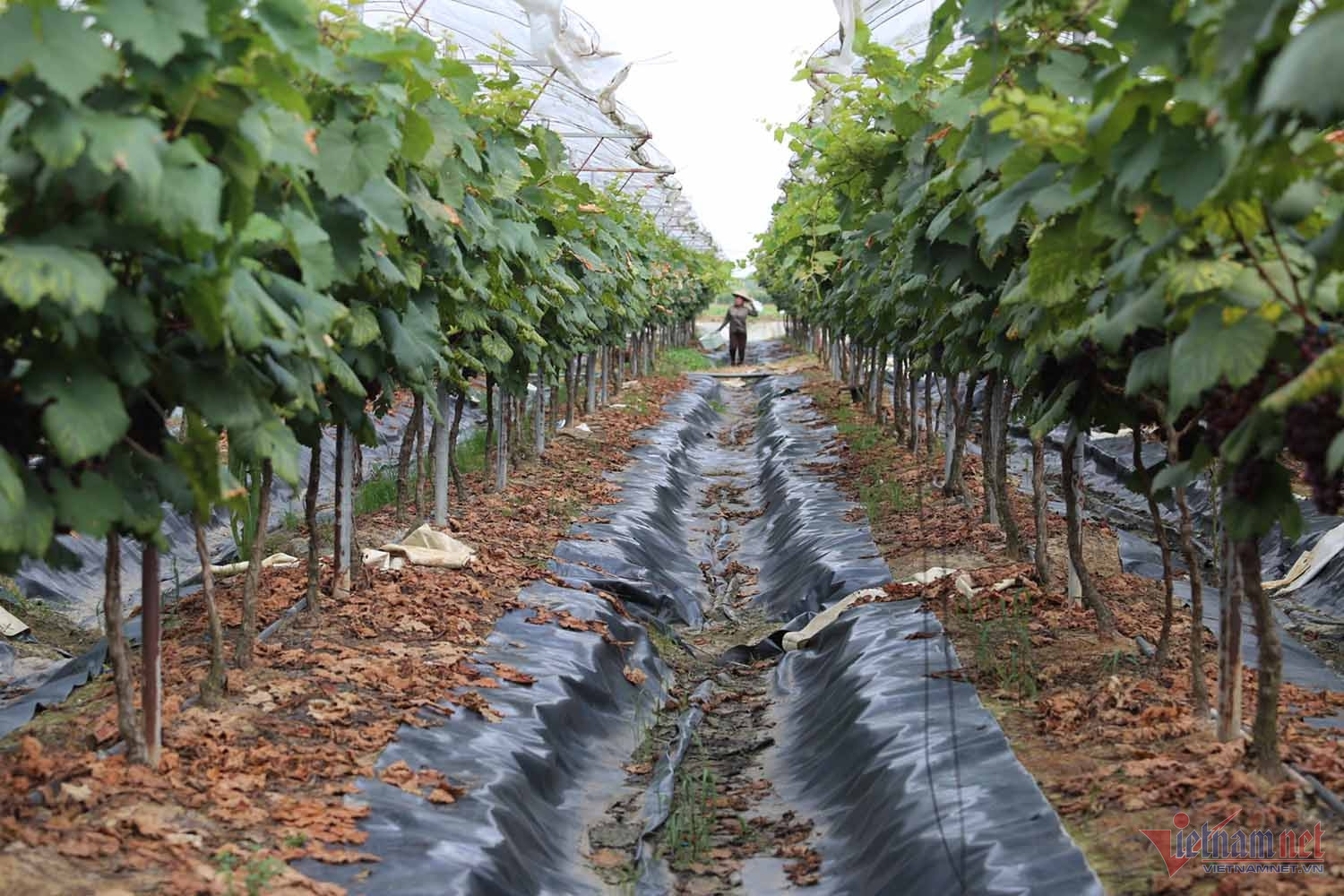
Mrs. Tran Thi Lan in Noi village is one of the pioneer households in converting crops and initially bringing clear results. Up to now, her family's total grape growing area is about 1,000m2.
“My family invested in growing grapes in 2020. It was very difficult at first, we didn’t understand how to care for the new plant variety. My sisters and I searched for information online, then learned from people with many years of experience, and gradually came up with our own methods. Each family passed on a little bit of experience to each other, and gradually we understood the grapevine and how to care for it,” Ms. Lan said.
Now, Mrs. Lan's vineyard has brought stable economic efficiency. The older the grape variety, the more delicious the fruit and the higher the yield.
“The first year, the fruit tree only produced enough for the family to try and share a little with relatives. From the second year, it generated an income of about 60 million VND on an area of over 1,000 m2. By the third year, the income was nearly three times higher than the second year. This year, the vineyard is expected to generate an income of about 150 million VND, 30 times higher than growing rice,” said Ms. Lan.
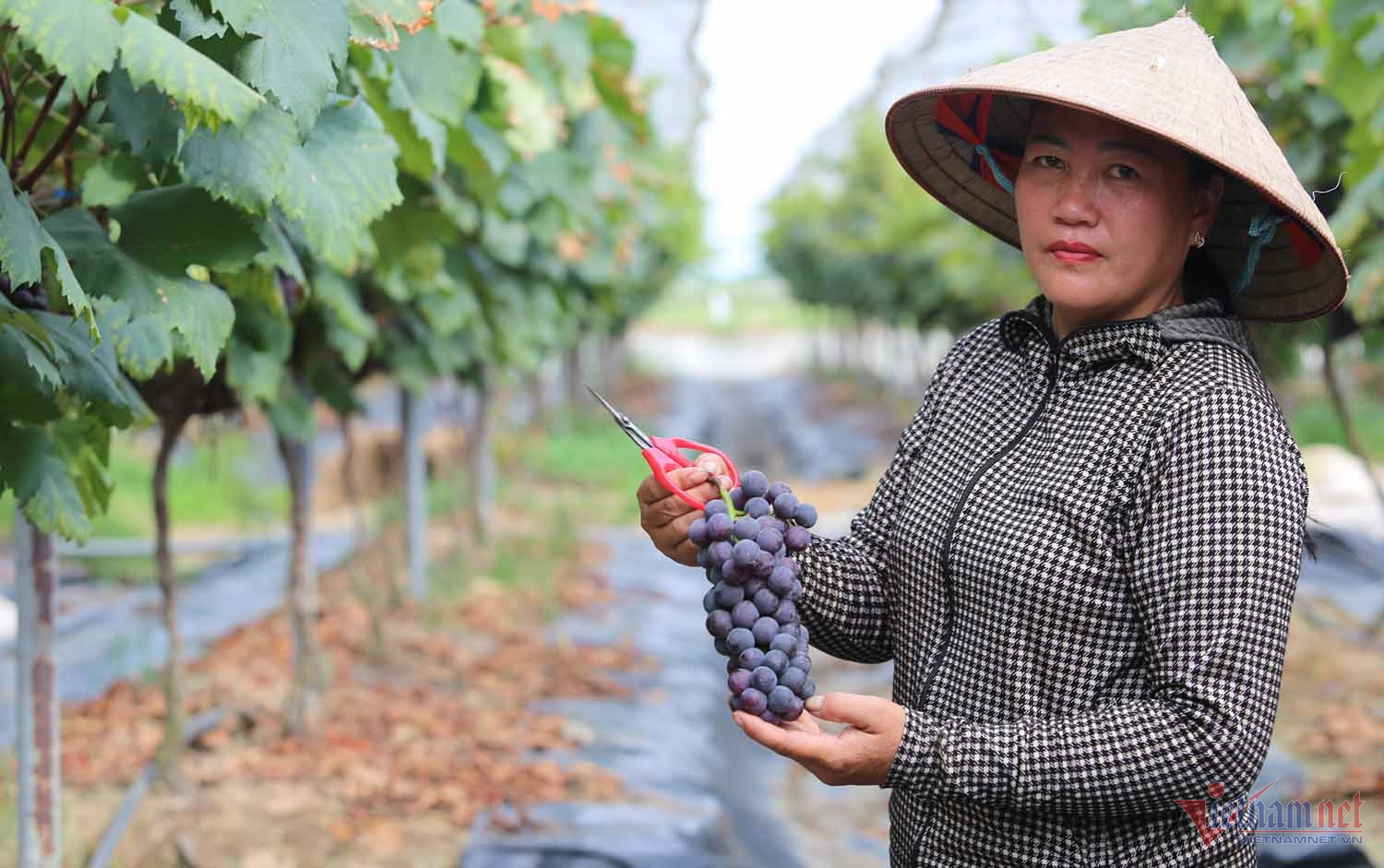
Not only Mrs. Lan's family, but also the surrounding households have high income from grapevines.
With a grape growing area of about 10,000m2, each year the vineyard brings a stable income of over 1 billion VND to Mr. Vu Van Yen's family.
Mr. Yen said: The idea of growing peony grapes came from one time when he tasted a temperate grape variety and found it very delicious. Immediately, he thought of experimenting with growing it because this type of grape might be suitable for his homeland.
After that, Mr. Yen planted more black grapes, which were initially successful. He rented more land and expanded the growing area. The initial investment capital, including trellis, roof, irrigation system, etc., was about 200 million VND/1,000m2.
Every year, black grapes yield two harvests, while peony grapes yield one harvest. “It’s normal for my family to make a billion-dollar profit per hectare of grapes,” said Mr. Yen.
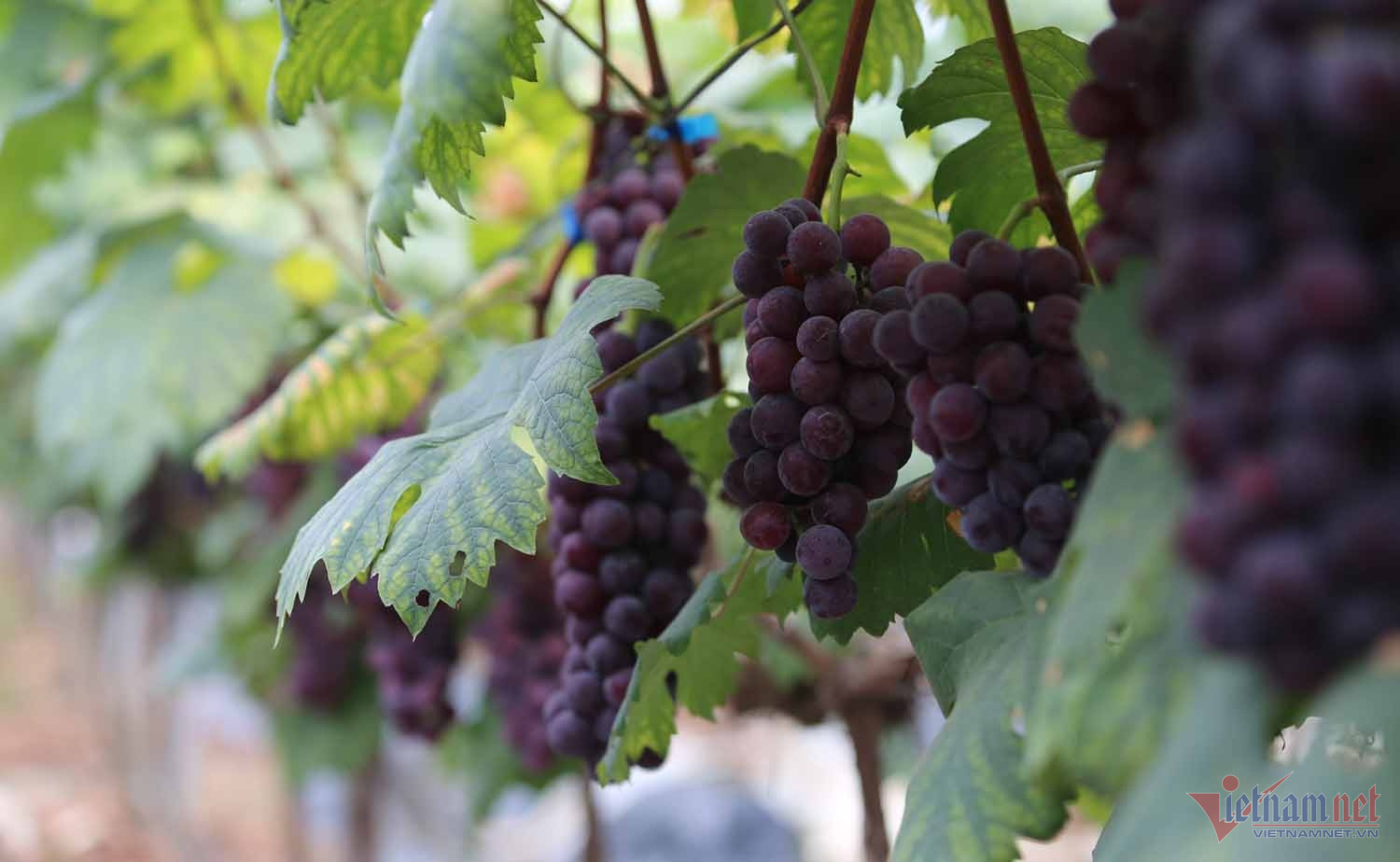
Mr. Yen shared that the grape variety that the villagers prioritize to grow is peony grape, which he imported from abroad. Grape growing techniques are summarized by the villagers and also posted on social networking sites, from which they can refer to each other.
Peony grapes are considered one of the best grapes in the world . This type of grape has high nutritional value and its selling price in Vietnam ranges from 600,000-800,000 VND/kg.
People in Noi village have spent a lot of time researching and experimenting with ways to grow peony grapes that are suitable for the soil and climate of the North. To help the grapevines grow and develop well, many households have invested in semi-automatic drip irrigation systems, stretched trellises, made transparent nylon domes and tarpaulins to cover the base of the trees.
Mr. Nguyen Thanh Bang, Head of the Department of Agriculture and Rural Development of Vinh Tuong district, informed that the conversion from rice cultivation to grape cultivation brings high economic efficiency to local people, in line with the policy of crop conversion of Vinh Tuong district.
"Because there is no land fund, the district cannot plan a large growing area, so grape growing is developed as a pilot model," said Mr. Bang.
Source: https://vietnamnet.vn/nong-dan-thu-bac-ty-moi-nam-tu-giong-nho-ngon-nhat-the-gioi-2293440.html


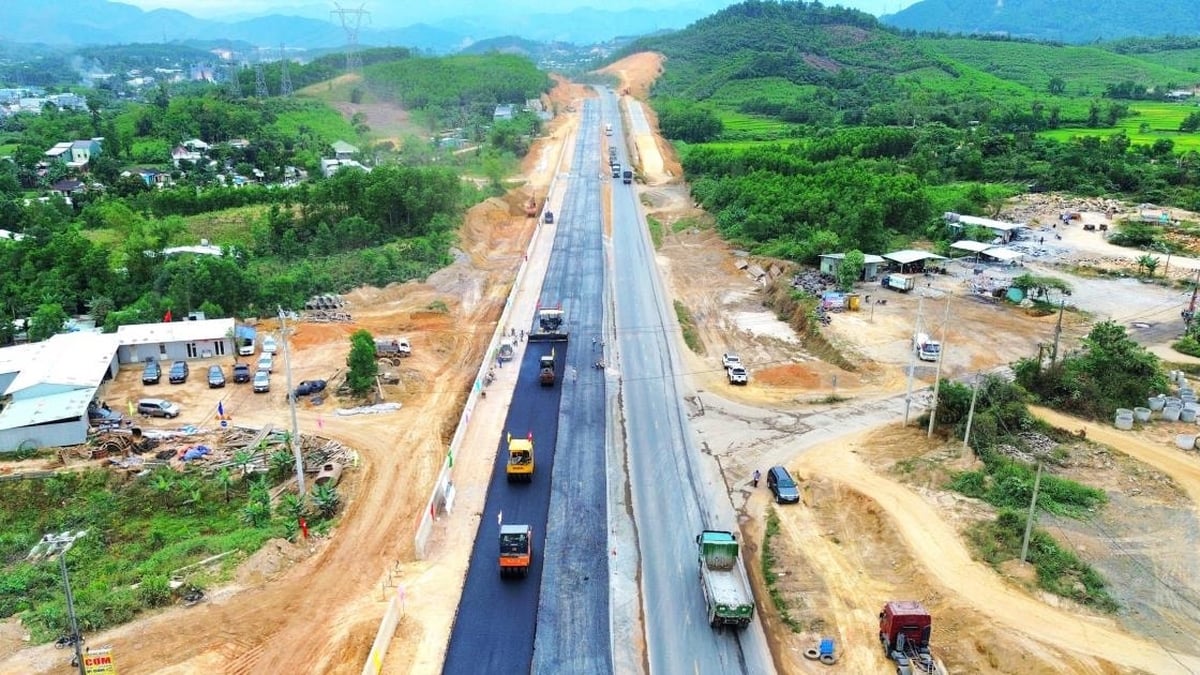



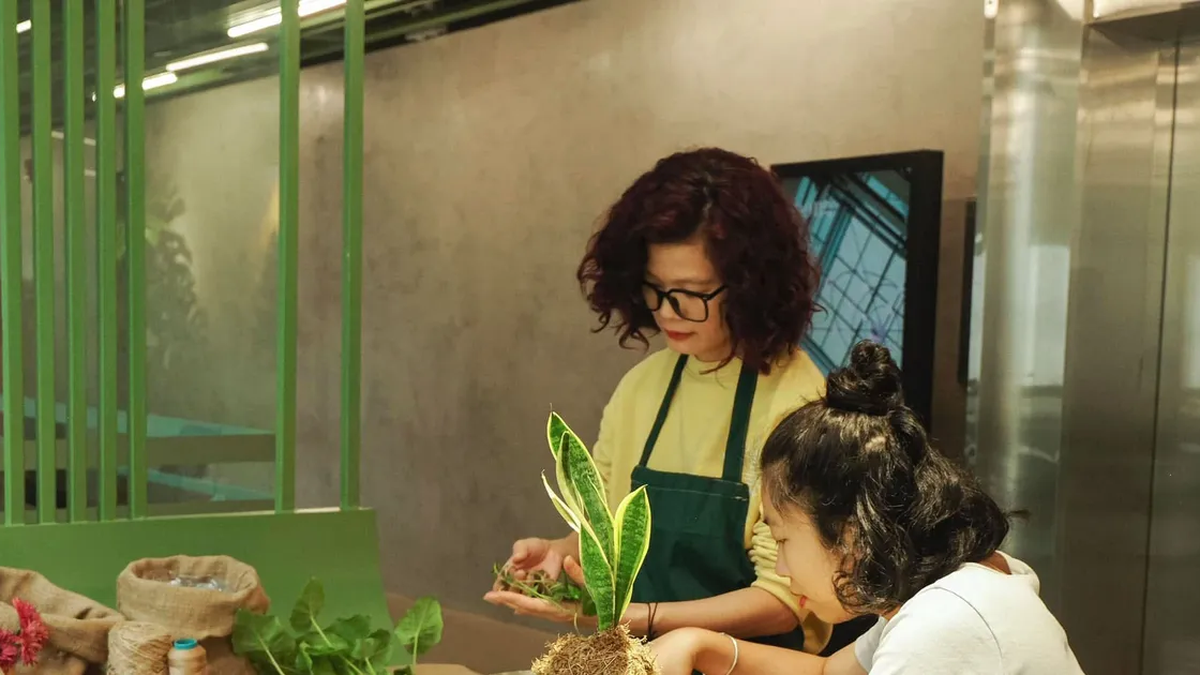



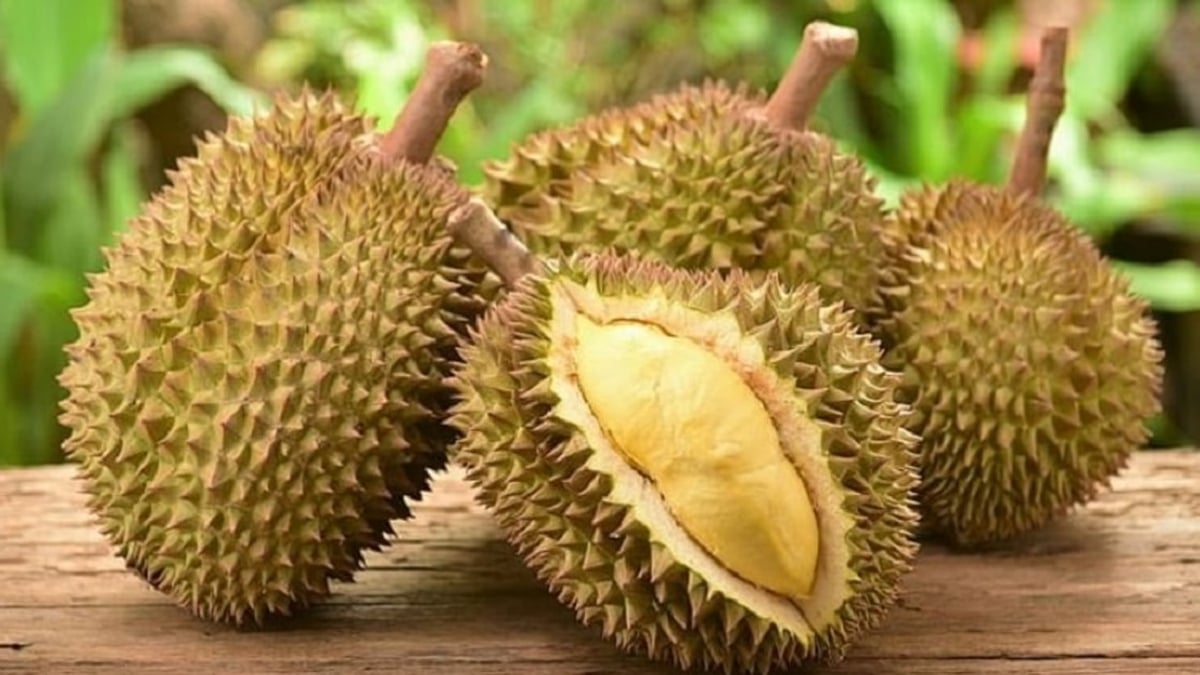
















![[Photo] Gia Lai provincial leaders offer flowers at Uncle Ho's Monument with the ethnic groups of the Central Highlands](https://vphoto.vietnam.vn/thumb/1200x675/vietnam/resource/IMAGE/2025/7/9/196438801da24b3cb6158d0501984818)












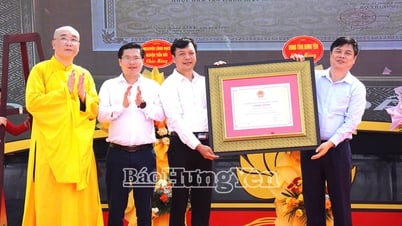





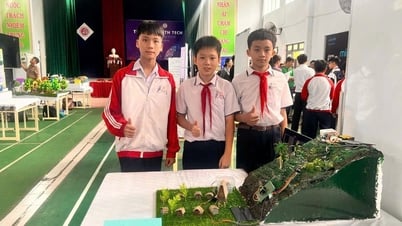


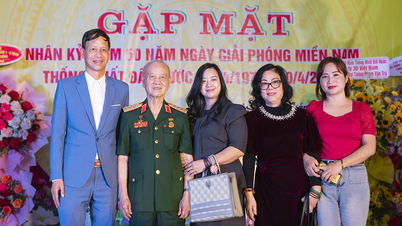








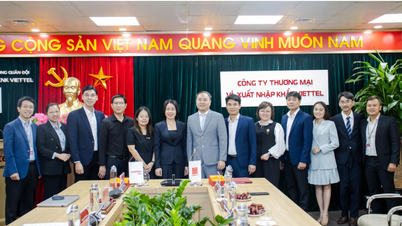
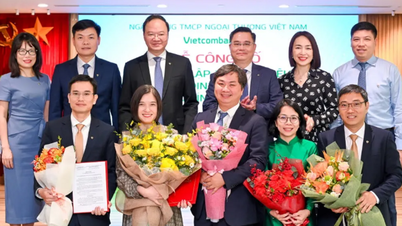





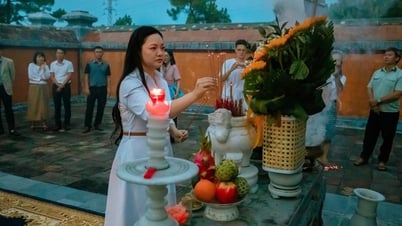






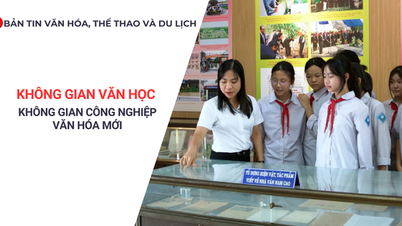


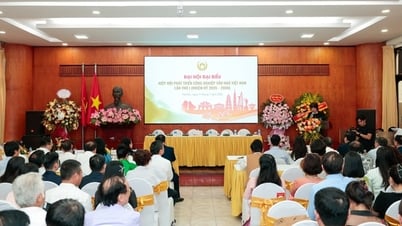
















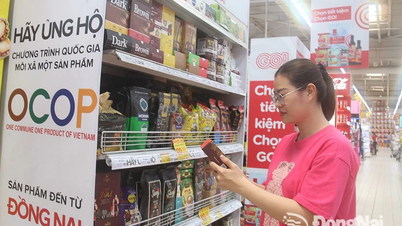








Comment (0)